Art on the side with Kyle McLean
#103: An interview with sculptural artist and co-owner of Pond Coffee, Kyle McLean
Today’s issue of Miscellanea features an interview with my friend Kyle. Most recent issues include a couple pictorials and some musing on how we divide our attention — you can see each of those here:
Running the show at Pond Coffee, Kyle McLean has the chops necessary to entertain his regular crowd of neighbors. Here in the Marigny, at his young and unassuming cubicle-in-a-bagel-shop, Kyle’s cool and calm demeanor might make you believe that you too could know everyone here — a brand of easygoing host that feels equally foreign and local. Many New Orleanians broadcast a surface-level skepticism or some nonchalant and well-meaning charm, neither which are present with Kyle from Bayport, New York. But still like the South, he is warm, and he moves at his own pace.
In between barista shifts, Kyle scours thrift shops and internet listings for odds and ends that he can repurpose in his art practice. He maintains regular routes along the River and other city trails too, searching for rocks, plastics, and various materials smoothed over or otherwise changed by time and place. Among his collection: gravel rocks inadvertently painted by utility workers, ‘spiritually inherited’ copper lamp shades, various metal poles, bricks, and foam.
In a not-so-distant past, my former self would outwardly scoff at both the abstractions and functional pieces that Kyle calls his art. The suburban world I come from is so sure of itself — a photo-realistic painting is the pinnacle of art. But as we wrap our evening in a slice shop near the River, here is Kyle, encouraging my own lanky artistic pursuit with the same self-assuredness of my red-ballot-neighbors. It’s the same unambiguous sureness he demonstrates when asked how he knows when a project is finished: “When someone invites me to have a show or show a piece.” Both cases of confidence feel desperately unfamiliar to me. I begin to wonder if everything is a coin flip, and I wonder if it possible to grow into greater certainty.
How did you become an artist?
I always believed that I was [an artist] in the sense that everyone truly is. My parents did a good job of getting me in front of a lot of paper when I was small, and I think the encouragement I got early on from them helped me continue to just employ drawing as a pastime. When I was in High School, there was a time where my ceramics and studio art teacher wanted me to put together a portfolio to apply to art programs, but for whatever reason I was really ideologically opposed to making my passion a profession. I have wavered a lot in my confidence in that decision through the years, but I got to where I am now, and I’m happy, so it doesn’t matter anymore.
How did moving to New Orleans shape your art practice?
Moving to New Orleans was like lifting a veil on reality. I didn't specifically move here to create more time for an art practice, but I did move here to share in more with others generally. Here, the baseline social relationship is not competition, and it isn't like the rest of the country I know in that everyone generally has the same aspirations (materially and spiritually). It's harder to discern what people are after here, save for a good time with friends, and it makes for a more vibrant and less-formal society.
New Orleans made me feel as though I could finally identify as an artist because there is less of a notion of what an "artist" is supposed to be here. My practice maintains a lovely balance of how much I believe it is for me and how much I believe it is for others, something that I know I would be hard-pressed to say in any other American city.
How do you describe your work?
Quickly: Sculptural. With long-wind: Always looking. A series of gestures and digestions. A search for new ways to see the world. A quest for new raw materials. A desire to live a more holistic life. The interplay of collection, remembrance, organization, arrangement, assemblage, deconstruction. Explorations of preciousness, convenience, comfort and how we forget. Helping the universe experience itself.
I’m curious about what you think we are forgetting, and why we need to remember it. Do you feel the there’s a general disconnect in the way the universe is experiencing itself? How can we bridge that gap?
Well, throughout all of human history until very recently everyone all abided by similar notions that you learn and must remember things like where and how to acquire and/or grow food, how to seek and construct safe dwellings, how and when to navigate the world around you, what danger means for you and your family and community.
I am interested in the through-line of how the written word and symbology and reproduction and archives and ultimately the internet have allowed us to shortcut our understanding of and participation in the world by farming out the necessary details and processes to middle-men and specialists.
The disconnectedness that results is a major aspect of what I understand as modernity, and it makes me wildly uncomfortable to not understand things like how my car works or how oil and gas extraction really looks in the world, where my food comes from or what and when to grow, how an air conditioner works or something like the true scope of the global supply chain. I think that even in these unnatural arenas, however, universal laws still apply and are to be observed. Even in the most unnatural of arenas there is gravity, alchemy, entropy and patterns all to be observed and understood and maybe even subverted.
So why do you make art?
To me making art is an opportunity to see the world with fresh eyes as often as possible, and to meet people and talk to them and help them do the same if they want — pretty much making room to be in the world like a child. I think in many ways love and fear both fuel my practice, maybe equally. On a more material level, having a small coffee business fuels my practice because it is the primary way I make money and also the primary way I connect with others through art. Of course, we all need to make money in this capitalist system, but having an artistic business creates room to divorce my art practice from the demands of the art market, thus allowing me to be more true to my artistic pursuits, and also to attain the pleasure and satisfaction of others experiencing and consuming things that I make myself on a daily basis.
Do you think an artist can be true to their practice if the demands of money are present?
Yes. We all live our own truths. We also all grow, so it's about understanding what that truth is and that it could be partially obscured or that maybe you're being manipulated and that it's going to change. I think a lot of artists think that they can get ‘post-money’ or something if they just make enough for rent. Maybe some can. I think an artist born rich will be very different in their artistic aims than one who is poor, but I would probably still find their art interesting if for nothing else than that fact.
Do you experience imposter-syndrome? What does failure feel like to you?
I used to experience imposter-syndrome, but I also used to be an imposter. Failure doesn't exist — if you feel like [a failure] then you're likely thinking on too small of a timeline.
What was that experience like? How did you move past it?
I was an imposter in the sense that I was looking to paths already forged or currently trodden by men who are not me. I still have problems believing it is ok that I haven't stuck it out in a company to climb the ladder or go back to school for whatever, or get married or save enough money for a house. The paths toward those things (I was on all of them at one time or another) showed me so much resistance, and I really got lost trying to learn from past realties and following my friends. I had to go down the path that I had the skills to navigate and the eyes to see, as an artist, because the alternative was waiting around and letting the world happen to me, which honestly is the opposite of what an artist is to me.



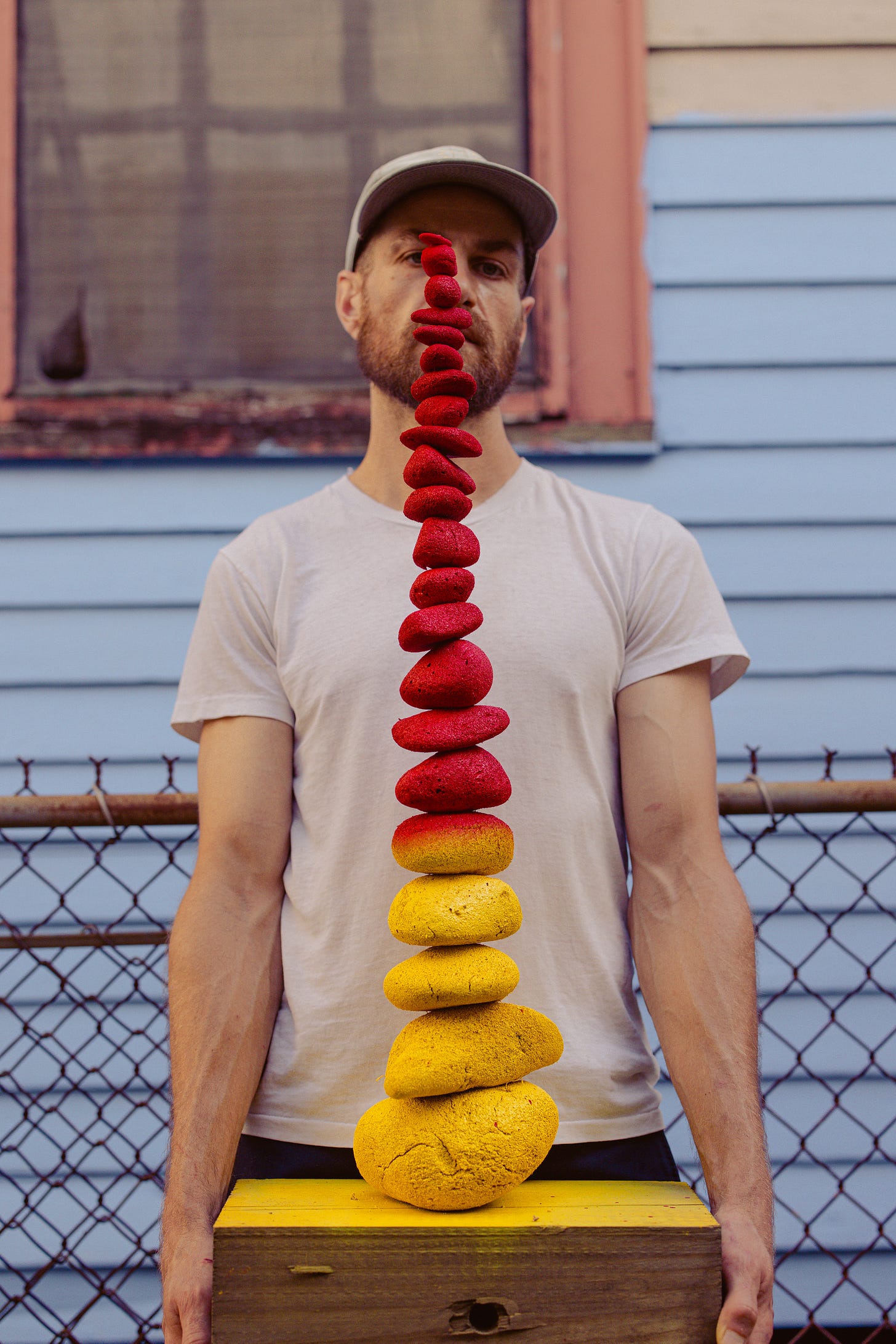
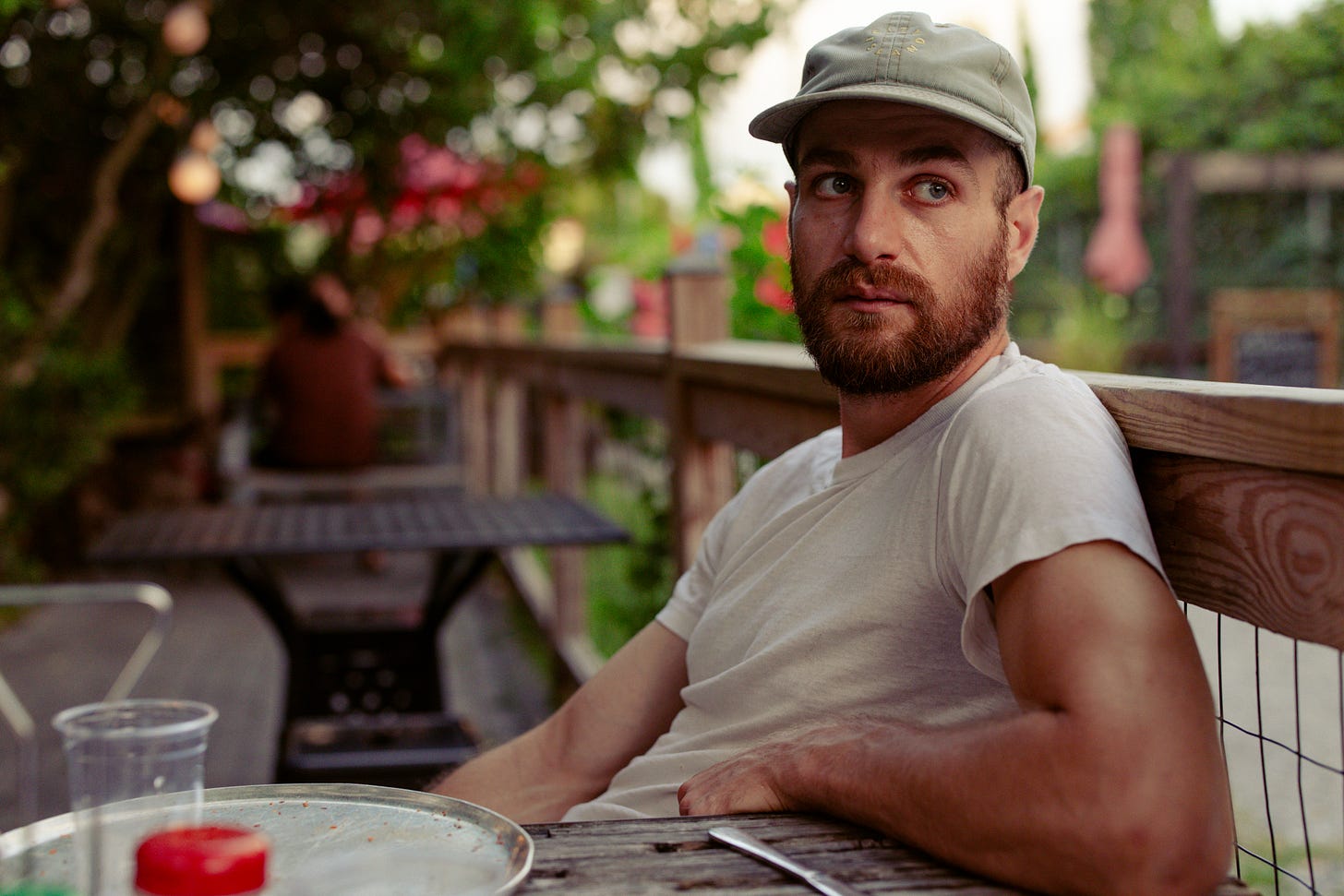
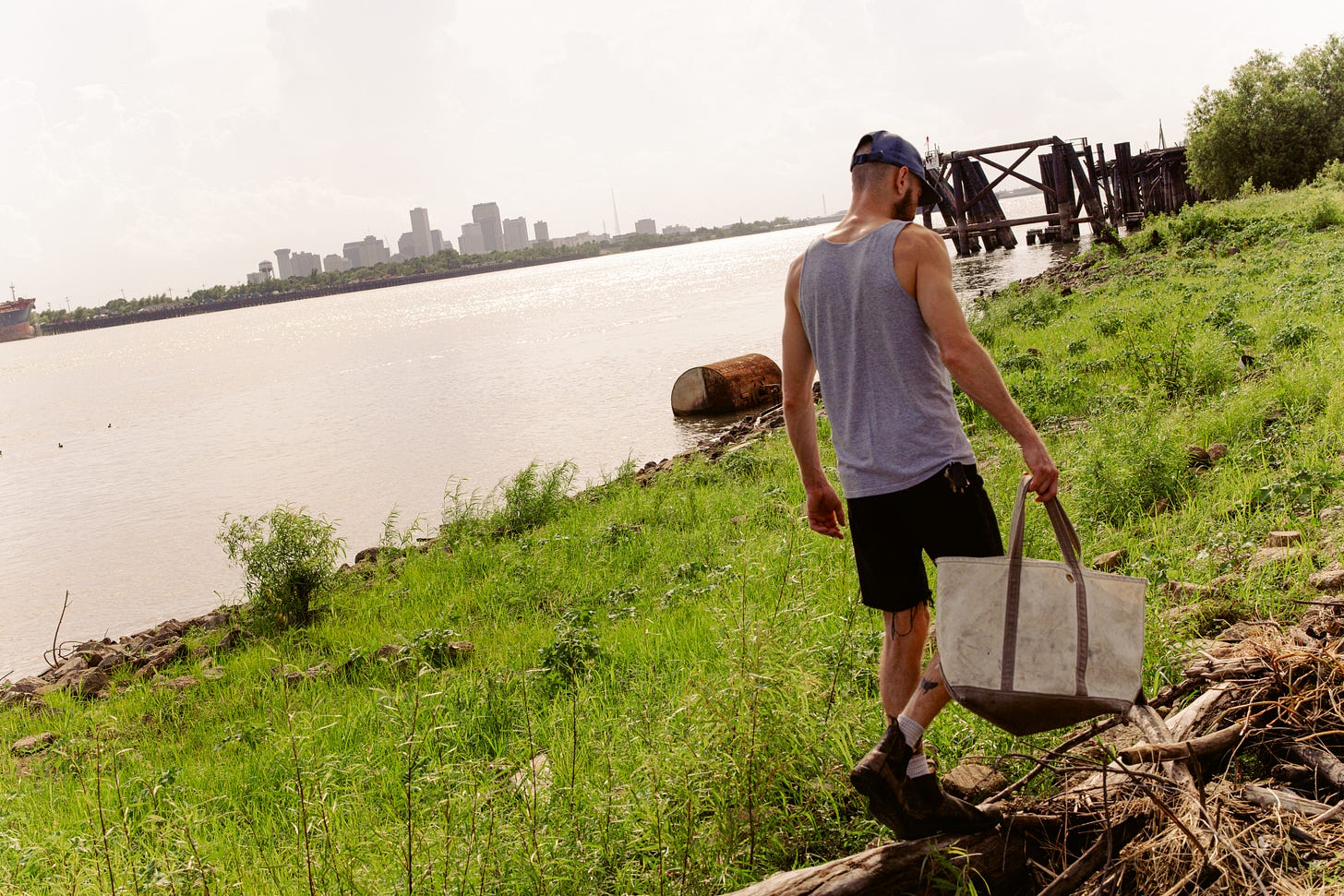
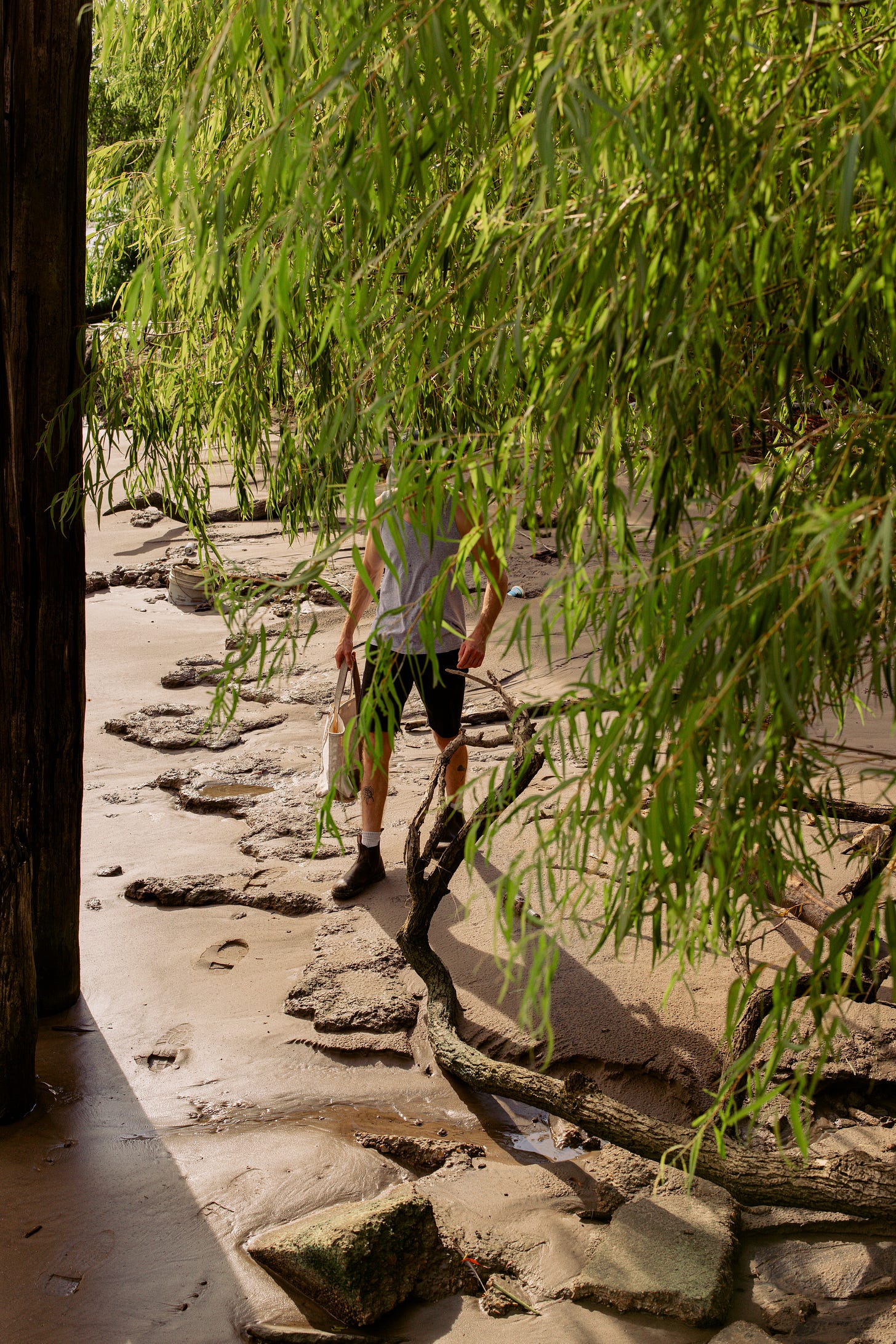
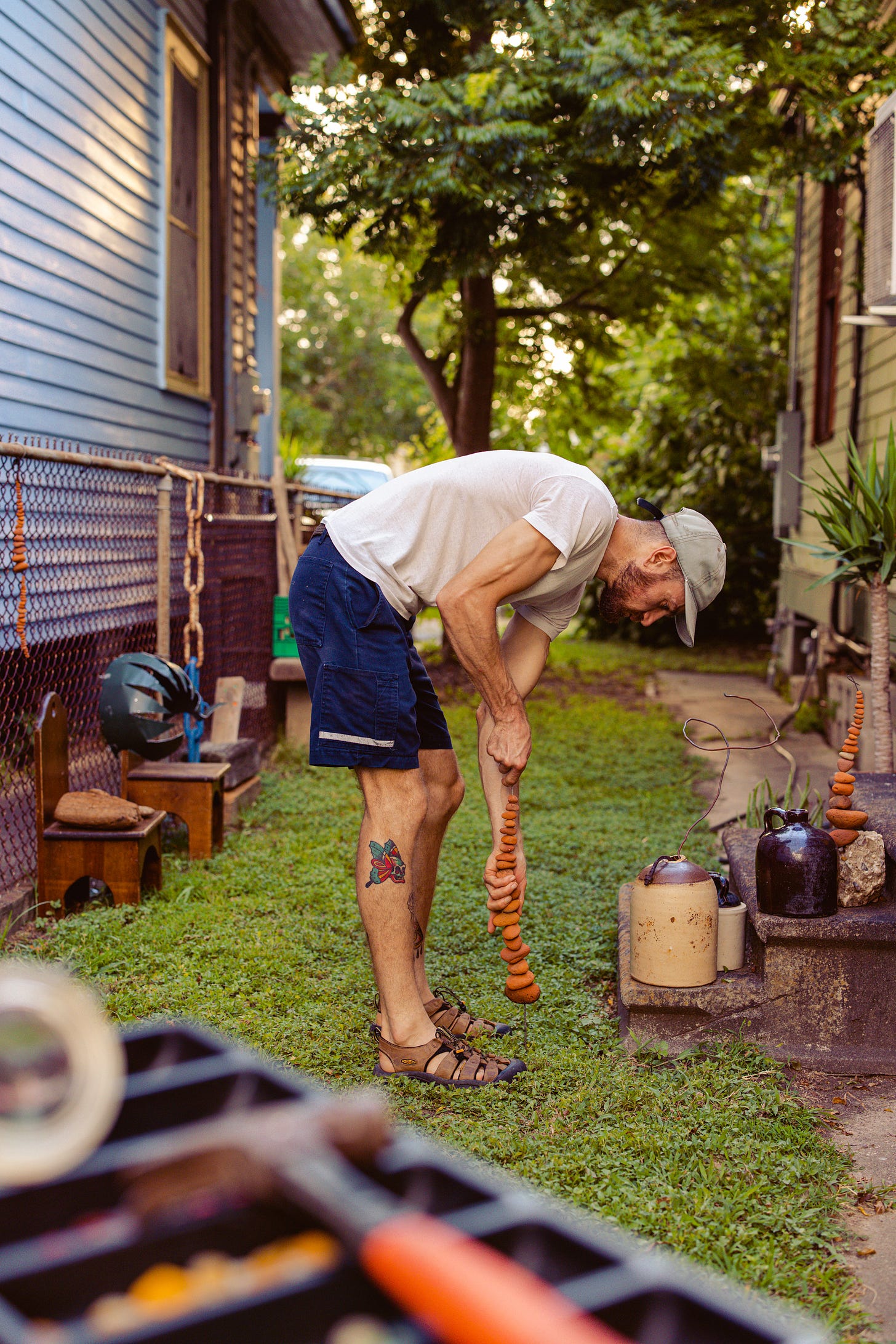
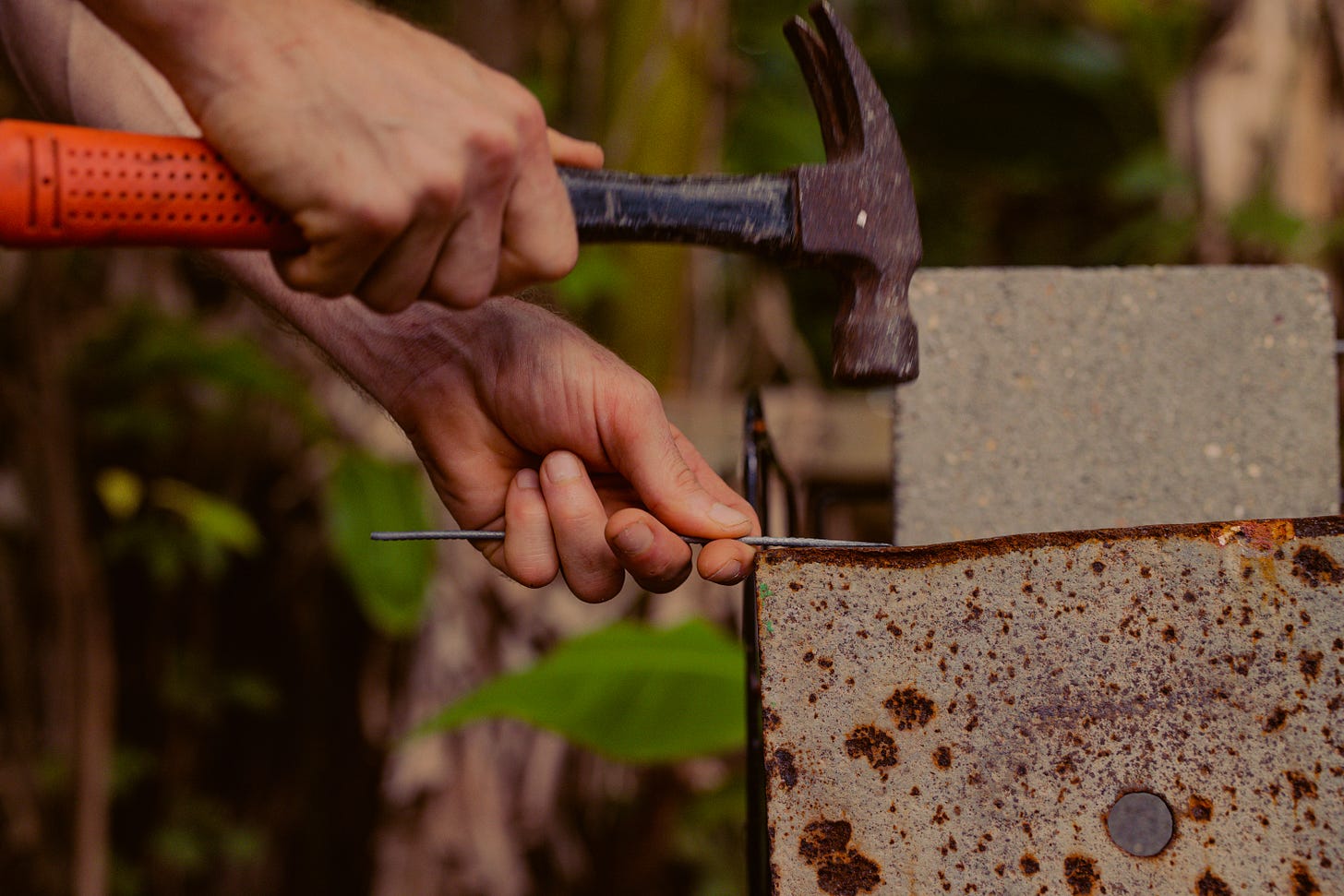
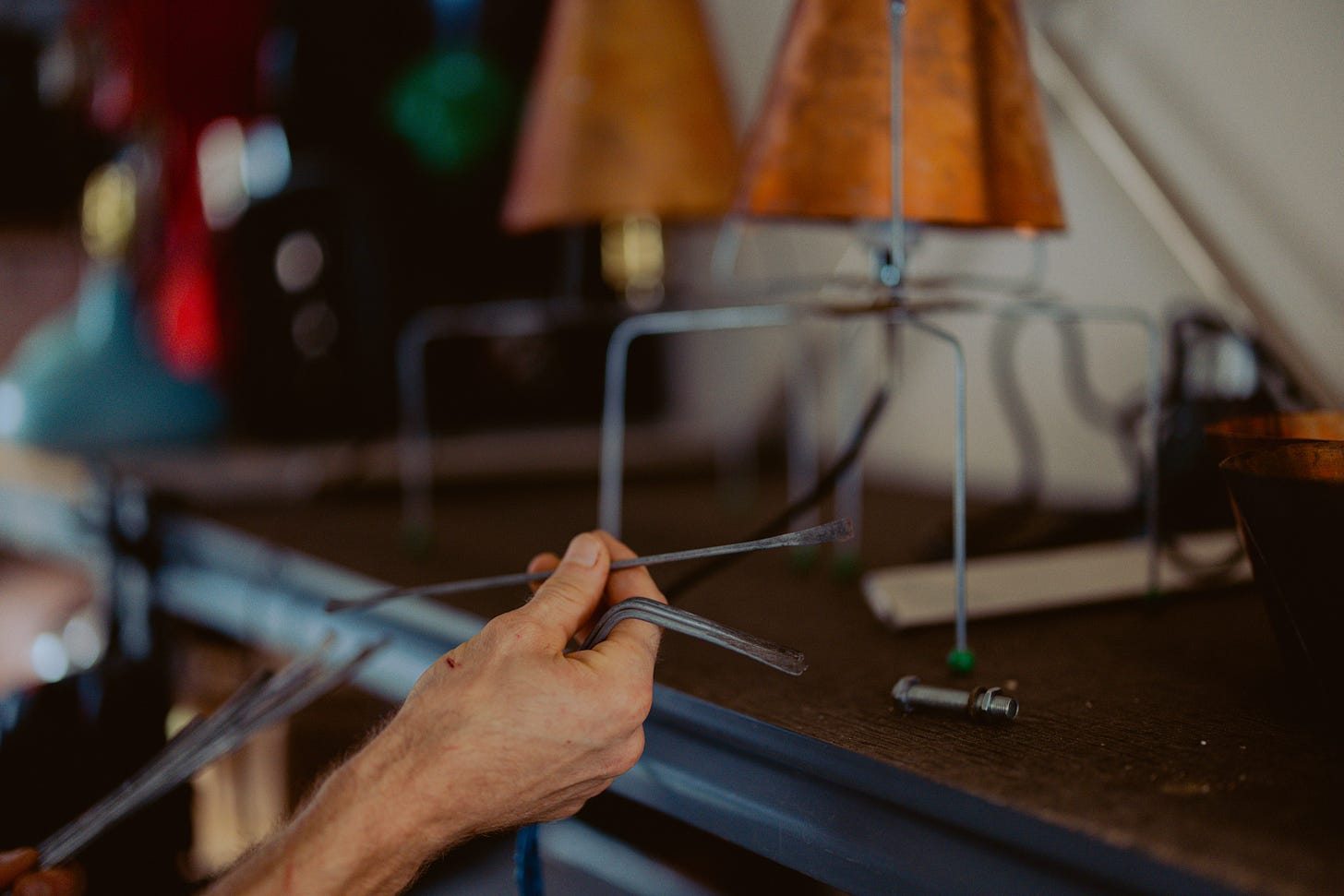
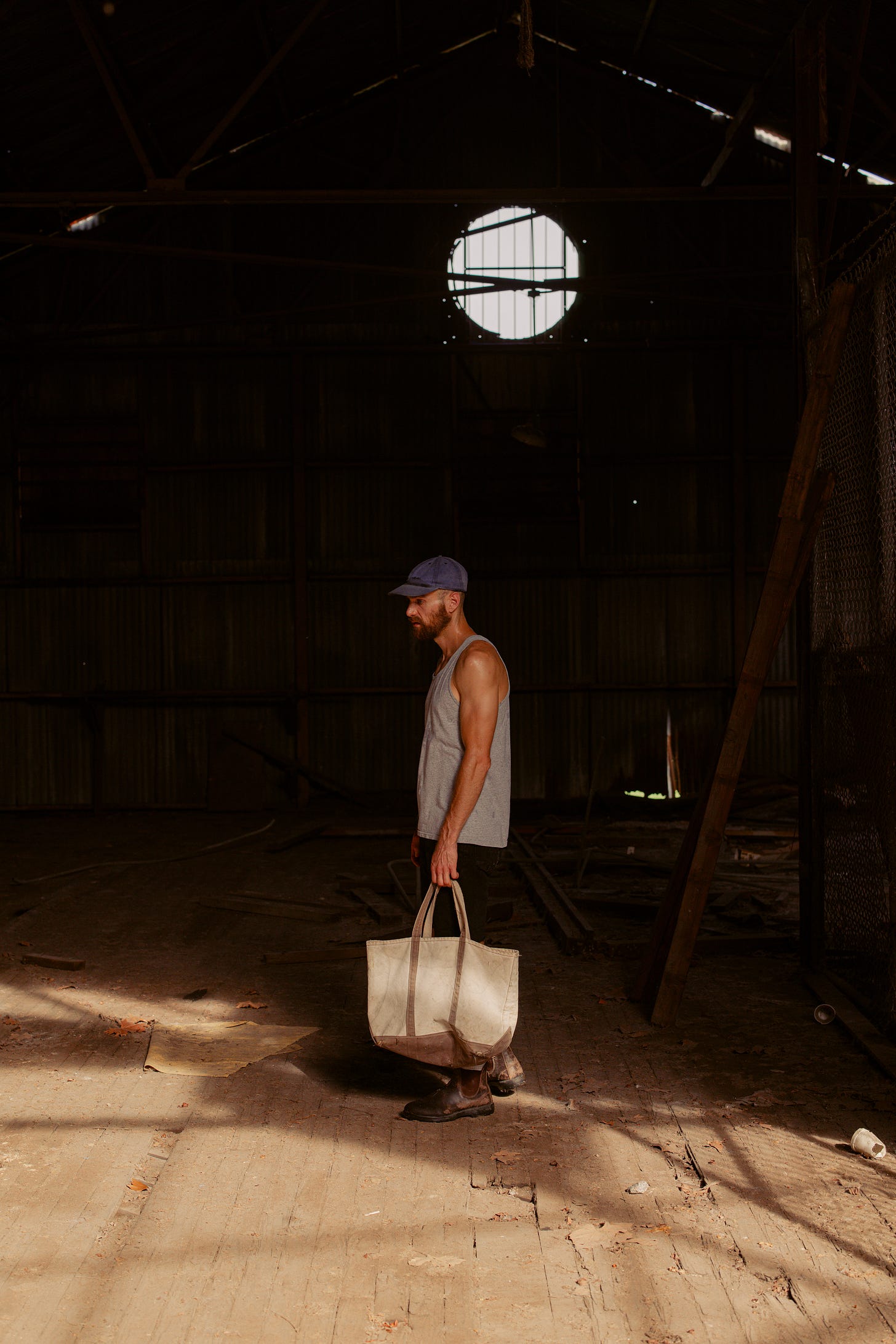
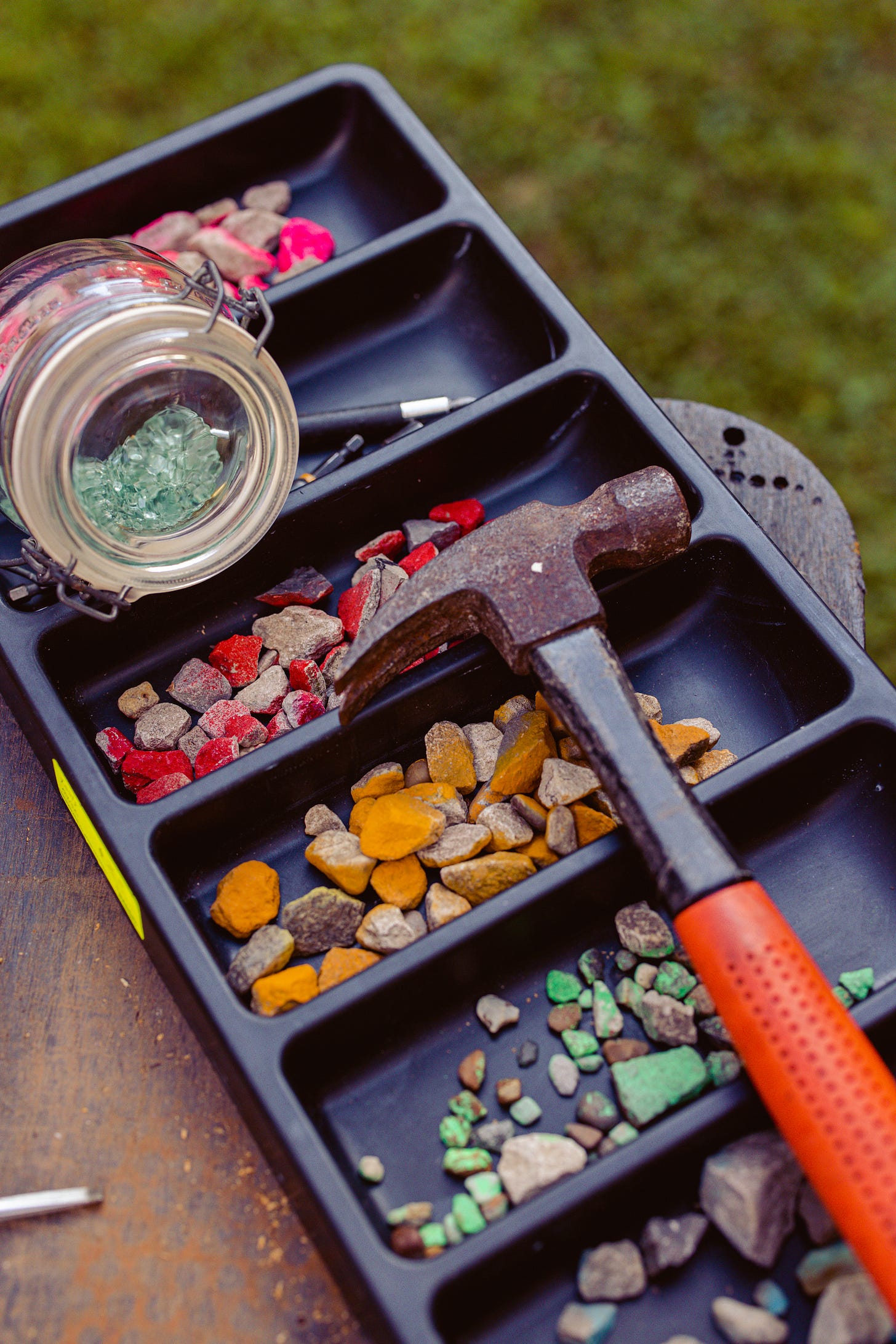
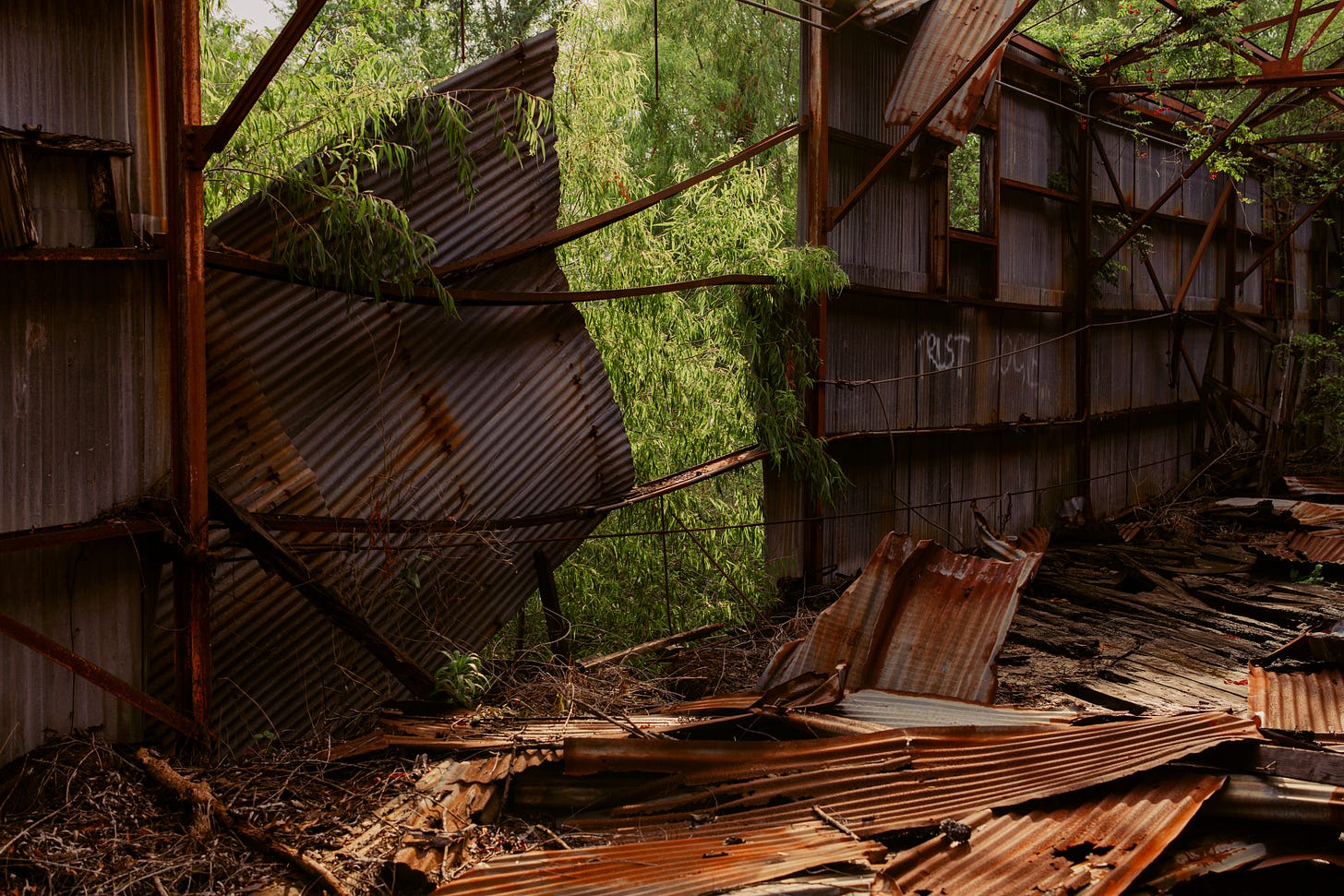
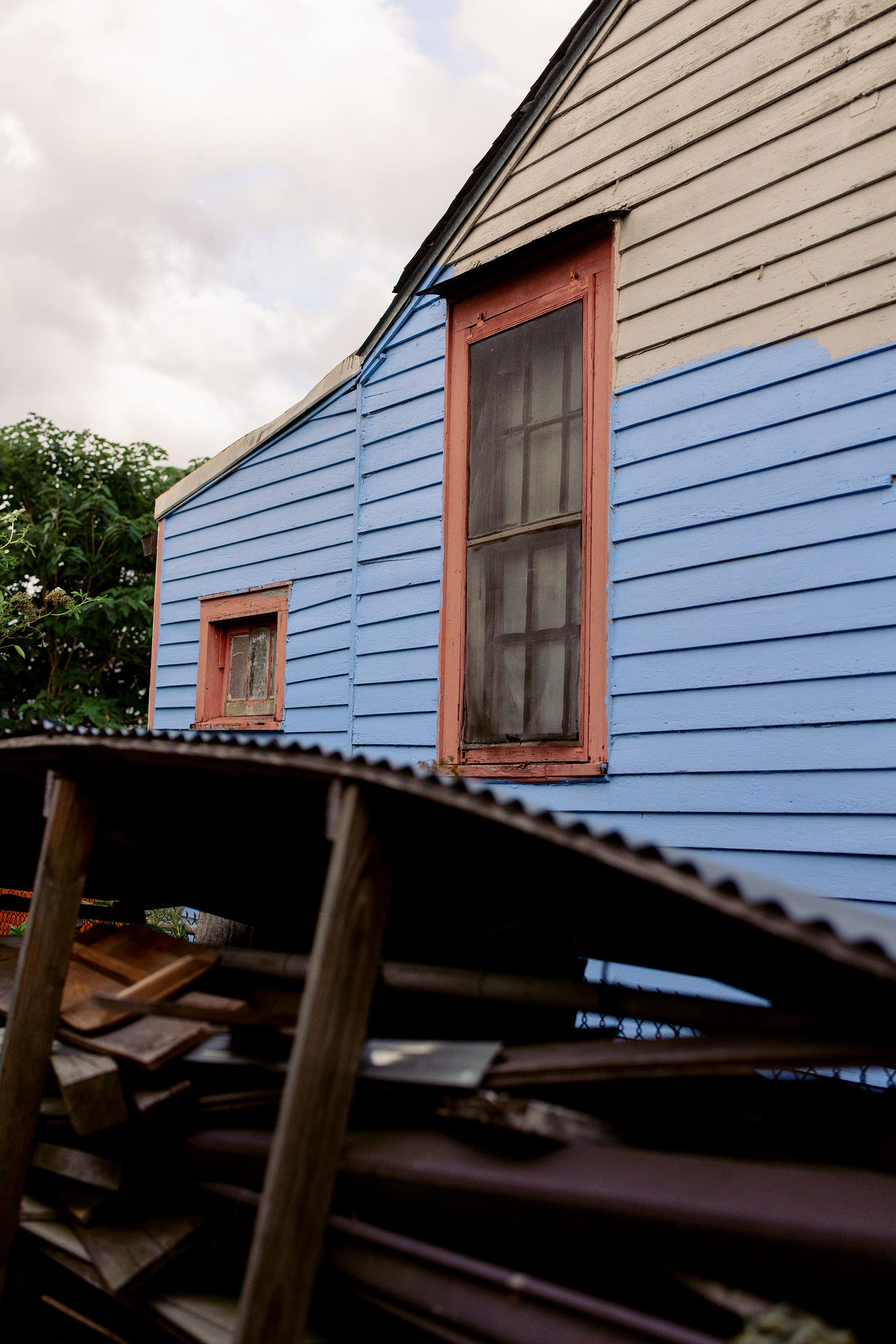
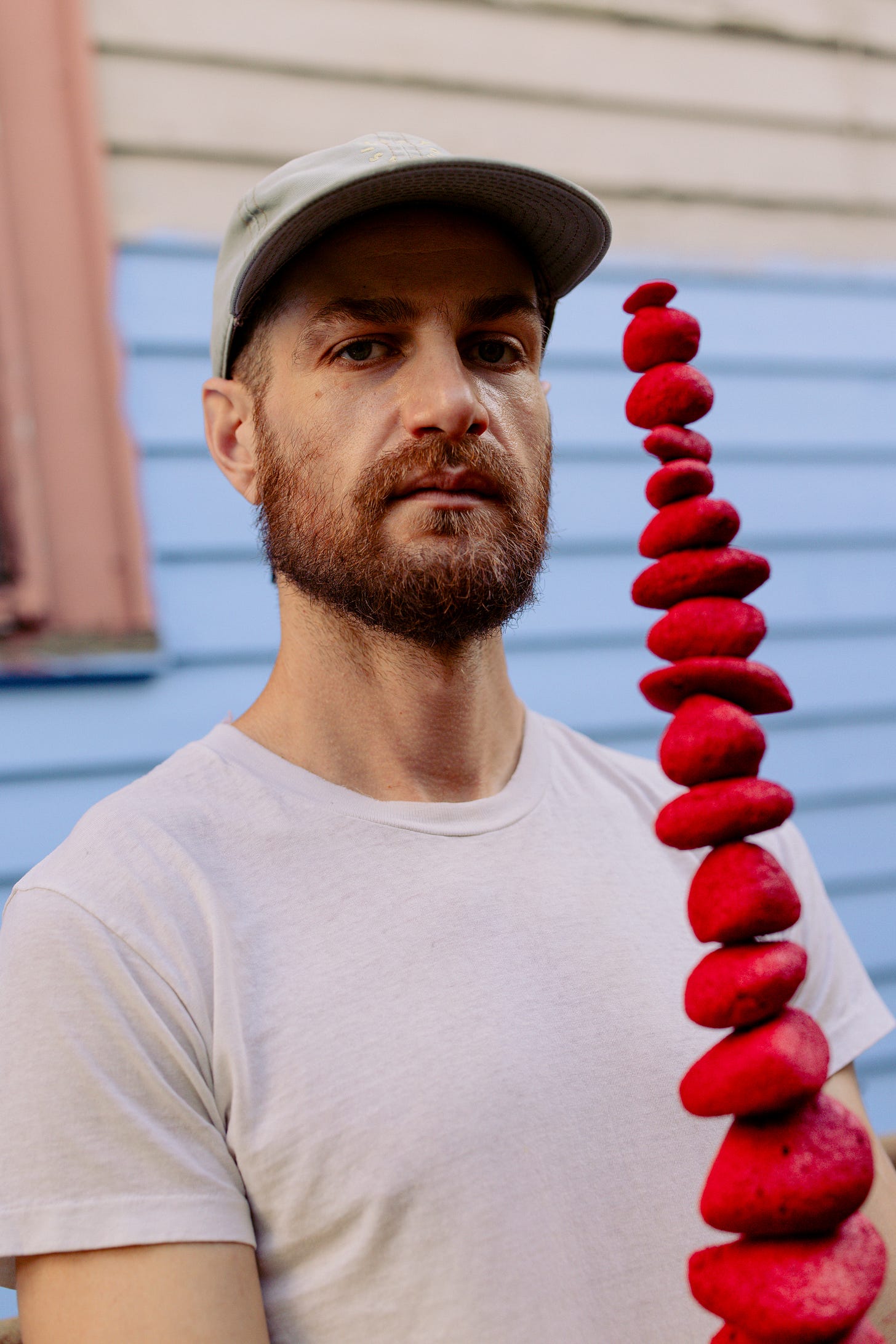
great stuff